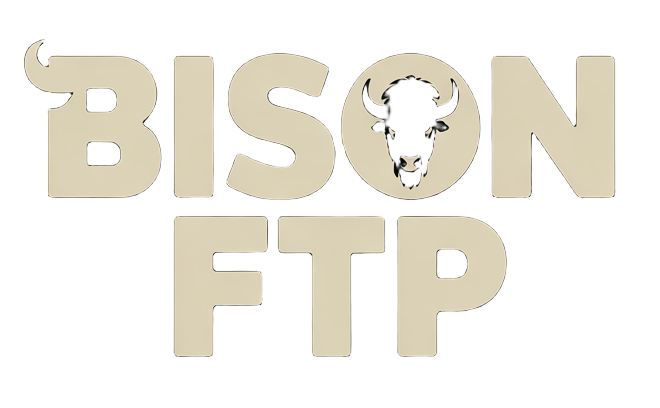Understanding the complexities of required documentation is essential in various aspects of life. Whether you’re applying for a job, buying a house, or traveling, having the correct documents in hand is crucial. Inaccurate documentation can lead to delays and complications, highlighting the importance of being well-prepared.
This guide will explore what constitutes “Required Docs” in different scenarios and how to efficiently gather and organize them. We’ll guide you on prioritizing your documentation tasks to ensure that you have all the necessary paperwork aligned with your objectives. Mastering this preparation can help you avoid unnecessary hurdles and progress smoothly in your endeavors.
Our comprehensive approach covers commonly needed documents and tips to obtain them efficiently. From first-time job seekers to seasoned professionals handling complex paperwork, understanding the nuances of “Required Docs” could be transformative. Stay ahead and ensure a hassle-free experience by equipping yourself with the necessary information right from the start.
Identifying Essential Documents
To streamline your documentation process, the first step is identifying which documents are essential for your specific objective. Each situation, such as applying for a visa or securing a loan, requires a different set of documents. Knowing which documents are prioritized can prevent unnecessary stress and last-minute scrambles.
The key documents typically include identification, proof of income, and relevant application forms. In some cases, supporting documents such as recommendations or previous contracts may also be necessary. Starting with a checklist can help ensure you collect everything you need before deadlines approach.
Document requirements may vary depending on geographical location and institution. Thus, always check for the latest updates from relevant authorities or official websites to avoid missing out on any changes that could affect your plans. This proactive approach can save time and prevent potential issues.
Organizing Your Documentation
An organized approach to handling documents can make a significant difference. Categorizing paperwork into sections like “Immediate Needs,” “Future Uses,” and “Backup Copies” ensures that you can easily retrieve what you need when you need it. This strategy reduces the chance of misplacing critical documents when they are most needed.
Physical documents should be stored in labeled folders or binders to maintain order. Digital copies should also be organized into clear and specific folders on your devices, with secure backups in cloud storage. Having both physical and digital copies provides security and convenience.
Regularly review and update your document collection. Remove any outdated paperwork and replace expired documents promptly. A systematic approach ensures that your documentation remains useful, current, and accessible at all times.
Gathering Documents Efficiently
Gathering required documents efficiently involves strategic planning. Start by listing out the documents you already have versus those you need to acquire. Prioritize tasks based on deadlines and the time it takes to obtain each document, as some may require longer processing times.
Utilize online resources and guides provided by institutions to understand specific requirements and processes, such as application forms, fee payments, and submission methods. Early initiation can prevent delays caused by lengthy procedures or unforeseen issues.
Dedicating set times to focus on this task without distractions can improve your efficiency. Additionally, keep a running checklist and mark off documents as you gather them. This methodical approach ensures you stay on track and complete your documentation promptly and efficiently.
Ensuring Document Accuracy
Accuracy in documentation is paramount. Errors in personal information, dates, or numbers can cause significant delays. Carefully review each document against official requirements for completeness and correctness to prevent any discrepancies.
Seeking assistance from professionals or experts, such as legal advisors or consultants, can help in accurately preparing complex documents. Their guidance can ensure that you meet all criteria and provide correct information, particularly when the stakes are high.
Remember, double-checking is a small step that can lead to significant savings in time and resources. Ensure all information is correctly filled out, and signatures are completed where required, prior to submission. This careful attention to detail minimizes the risk of errors that could otherwise complicate your plans.
Submitting and Tracking Documents
Submitting your documents accurately and timely is another vital step. Whether online or in-person, ensure that all steps are followed as outlined by the respective authority. Maintain digital or physical receipts of submissions as proof of compliance in case any disputes arise later.
Tracking the status of your submissions is equally important. Numerous applications offer tracking systems where you can check the progress of your documents. Regularly staying updated can alert you to potential issues that might need addressing promptly.
Always keep a line of communication open with the relevant bodies, whether through email or phone, for any clarification needed post-submission. This proactive stance can help address issues before they escalate or cause significant delays.
Staying Informed and Ready
Laws and requirements for documentation can change over time. Staying informed about changes in policies and regulations is essential to ensure ongoing compliance, particularly in international contexts or industries with frequent updates.
Subscribing to official newsletters, joining forums, and consulting with experienced professionals in relevant fields can keep you updated on vital changes. Being informed means you can anticipate potential challenges and adapt accordingly.
Finally, being prepared also means having contingency plans. Keep spare copies and extra resources ready for unexpected situations. This foresight ensures you’re agile and ready to handle any documentation challenges that may come your way.
Conclusion
Navigating the world of required documentation need not be overwhelming. By identifying essential documents, organizing effectively, efficiently gathering and ensuring accuracy, you set a solid foundation for success in any endeavor. Remember to stay informed and adaptable to changes, leveraging all available resources to streamline your process.
This thorough approach helps you overcome potential obstacles effortlessly, allowing you to focus on the more fulfilling aspects of your journey. With preparation and an informed strategy, you can meet all documentation needs smoothly, ensuring that you remain well-equipped for whatever opportunities come your way.
